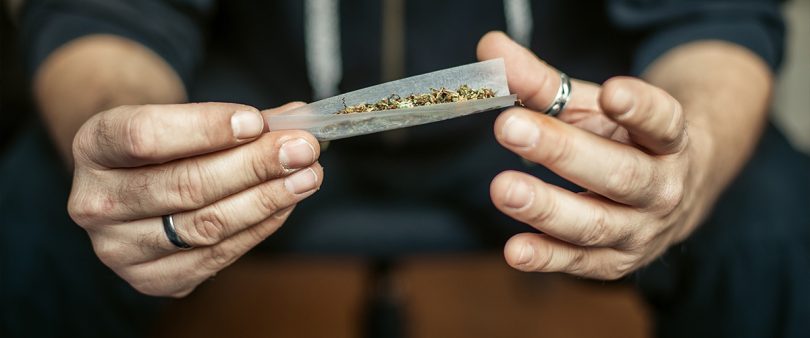New research suggests that cannabis use by people in care for opioid addiction might improve their treatment outcomes and reduce their risk of being exposed to fentanyl in the contaminated unregulated drug supply.
In a paper, published today in the peer-reviewed journal Drug and Alcohol Dependence, researchers from UBC’s faculty of medicine and the BC Centre on Substance Use (BCCSU) found that 53 per cent of the 819 study participants in Vancouver’s Downtown Eastside were intentionally or inadvertently using fentanyl, despite being on opioid agonist treatments (OAT) like methadone or buprenorphine/naloxone. These evidence-based treatments aim to support people who want to eliminate their use of unregulated opioids, however, these findings suggest people may be supplementing their treatment through the unregulated drug supply, putting them at risk of overdose.
…
“These new findings suggest that cannabis could have a stabilizing impact for many patients on treatment, while also reducing the risk of overdose,” said the study’s lead author Dr. Eugenia Socías, assistant professor in UBC’s department of medicine and a clinician-scientist at BCCSU. “With overdoses continuing to rise across the country, these findings highlight the urgent need for clinical research to evaluate the therapeutic potential of cannabinoids as adjunctive treatment to OAT to address the escalating opioid overdose epidemic.”
Click here for the full story on UBC Faculty of Medicine.
Similar stories can be found on the following Media Outlets: Vancouver Sun, The Province, and CBC news.





